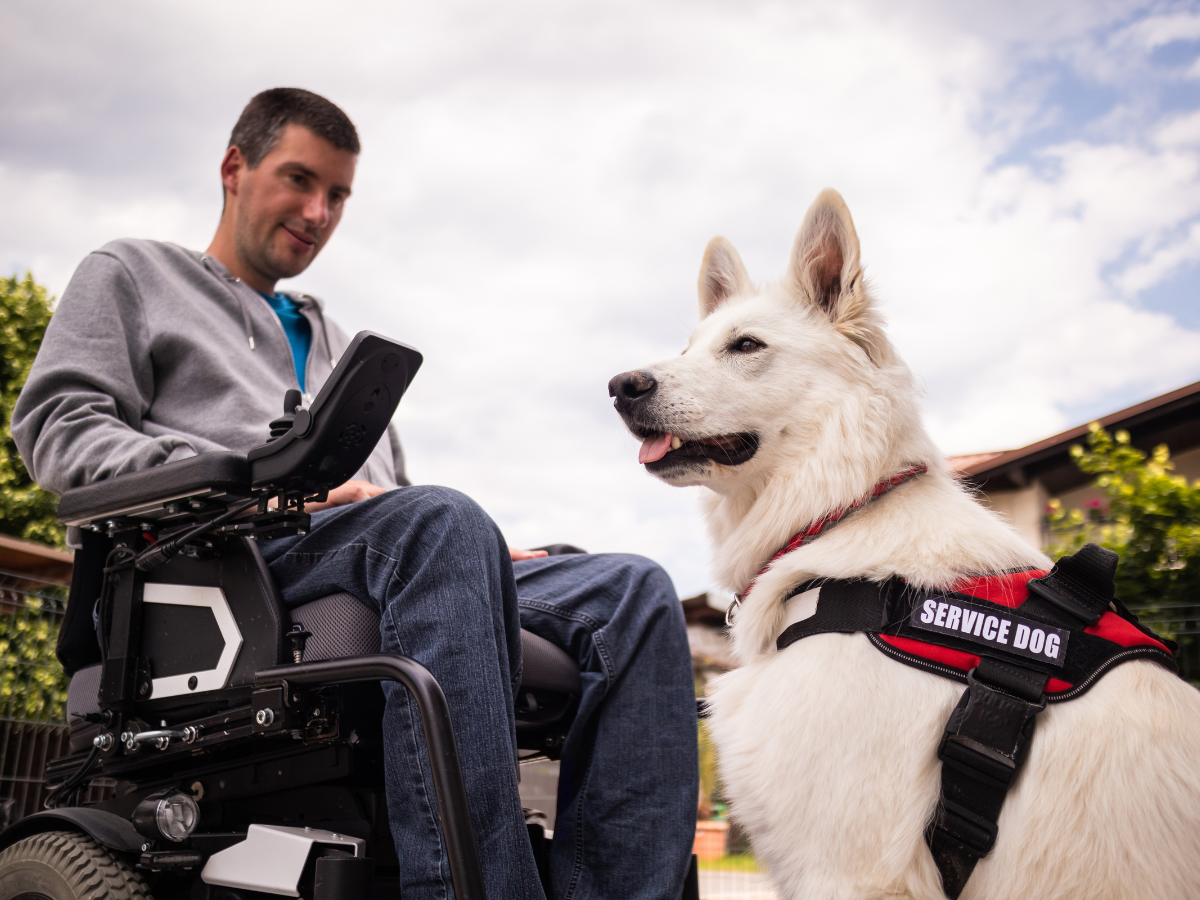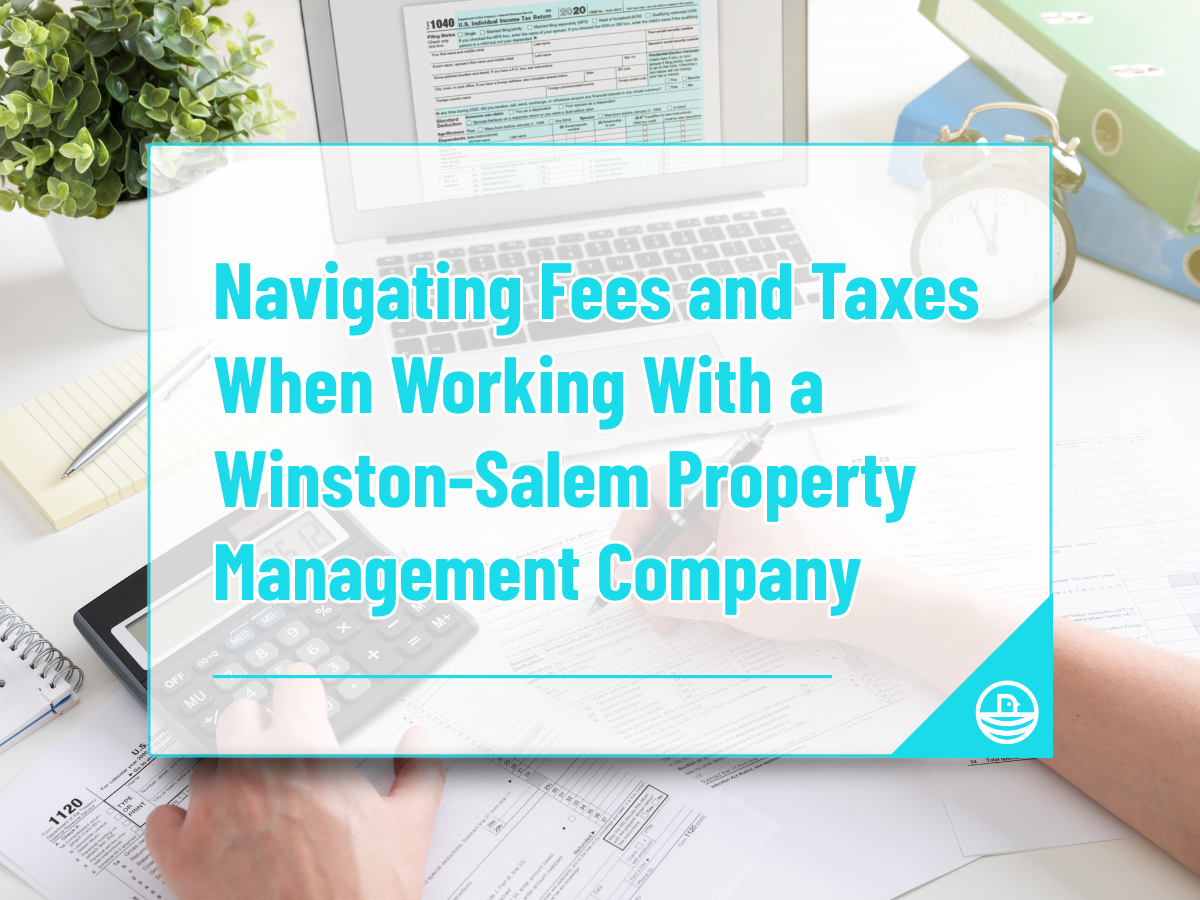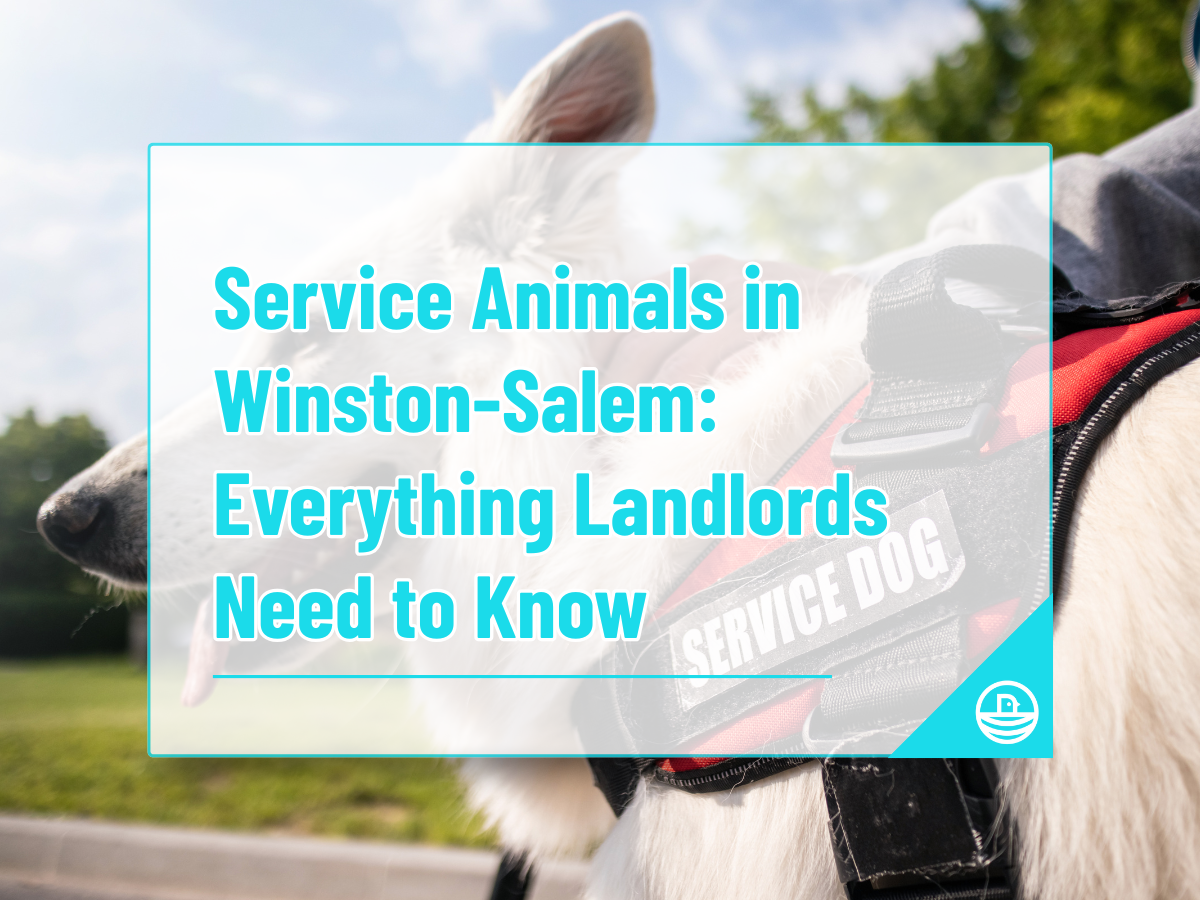Service Animals in Winston-Salem: Everything Landlords Need to Know
Understanding the intricacies of service animals is vital for landlords in Winston-Salem. As the demand for housing increases, so does the need for clarity regarding service animals and their rights. This article aims to provide essential information for landlords to navigate this important aspect of tenant relations.

Introduction to Service animals in Winston-Salem
Service animals play a crucial role in the lives of many individuals with disabilities. They provide assistance, companionship, and support, making it essential for landlords to understand the legal framework surrounding them. In Winston-Salem, as in many other places, there are specific regulations that govern the rights of service animals and their handlers.
Landlords must be informed about what constitutes a service animal, the rights of tenants, and the responsibilities that come with accommodating these animals. This knowledge not only fosters a supportive community but also helps landlords avoid legal complications.
Service animals are trained to perform specific tasks that assist individuals with disabilities. They are recognized under the Americans with Disabilities Act (ADA) as essential aids for their handlers.
Service animals can significantly enhance the quality of life for individuals with disabilities. By recognizing the importance of service animals, landlords can contribute to a more inclusive environment that respects and upholds the rights of all tenants, ensuring that those who rely on these vital companions can live comfortably and independently.
What is Considered a Service Animal Versus a Pet?
Under the ADA, a service animal is specifically defined as a dog that has been individually trained to perform tasks for a person with a disability. These animals can help their handlers navigate public spaces, alert them to potential dangers, and even assist with daily tasks such as retrieving items or providing stability while walking. They can guide individuals who are visually impaired, alert those who are hearing impaired, or provide support during a seizure.
On the other hand, emotional support animals (ESAs) and therapy animals, while beneficial, do not fall under the same legal protections as service animals. ESAs provide comfort but are not trained to perform specific tasks related to a disability. This distinction is crucial for landlords, as it impacts the legal obligations they have towards tenants with service animals.
Can a Landlord Deny Service Animals in Winston-Salem?
Landlords cannot deny a service animal based solely on breed, size, or weight. The ADA stipulates that service animals are not considered pets, and therefore, many of the typical pet policies do not apply. However, landlords can refuse a service animal if they can demonstrate that the animal poses a direct threat to the health or safety of others or if it causes significant damage to the property.
Landlords should approach each situation on a case-by-case basis, taking into account the circumstances surrounding the tenant's request for a service animal. Open communication with tenants can often help clarify any misunderstandings and lead to a more amicable resolution. Communication is a critical aspect of effective property management.
Additional Service Animal Requirements
While landlords must accommodate service animals, they are also entitled to request certain information to ensure compliance with the law. Landlords may ask two specific questions: Is the animal required because of a disability? What work or task has the animal been trained to perform? These inquiries help landlords verify the legitimacy of the service animal without violating the tenant's privacy.
It is important to note that landlords cannot request documentation proving the disability or require the animal to wear a specific vest or identification. Such practices can infringe upon the rights of individuals with disabilities and are not permissible under the ADA.
What Documentation is Needed for a Service Animal?
Documentation requirements for service animals can be a gray area for many landlords. Generally, no formal documentation is required under the ADA. However, some landlords may choose to request a letter from a healthcare provider to clarify the need for the service animal. This letter should outline the disability and the specific tasks the animal is trained to perform.
Landlords should be cautious when requesting documentation, as they must ensure that they are not infringing on the tenant's rights. Consulting legal counsel is advisable if there are uncertainties regarding the documentation process.
How Residents Should Submit Documentation for a Service Animal
When tenants need to submit documentation for a service animal, it is best to do so in writing. This can be done through a formal letter or an email, depending on the landlord's preferred method of communication. The documentation should clearly state the tenant's request for accommodation and include any relevant information regarding the service animal.
Landlords should establish a clear process for tenants to follow when submitting this documentation. This not only helps streamline the process but also ensures that all requests are handled consistently and fairly.
When Can a Service Animal be Added to a Lease?
A service animal can typically be added to a lease at any time, especially if the tenant's need for the animal arises after the lease has been signed. Landlords should be flexible and accommodating in these situations, recognizing that the need for a service animal may develop due to unforeseen circumstances.
Landlords should have a clear policy in place regarding the addition of service animals to leases. This policy should outline the steps tenants need to take and any documentation required, ensuring that both parties are on the same page.
Final Thoughts: Service Animals in Winston-Salem
Understanding their rights and responsibilities regarding service animals is essential for landlords in Winston-Salem. By familiarizing themselves with the legal definitions, documentation requirements, and appropriate procedures, landlords can create a welcoming environment for tenants with disabilities.
Ultimately, fostering a respectful relationship with tenants who require service animals not only complies with legal obligations but also enhances the overall community atmosphere. If you’d rather let professionals handle these complex situations, Evernest’s local team is ready to help.
Reach out to our Winston-Salem property management company today!













